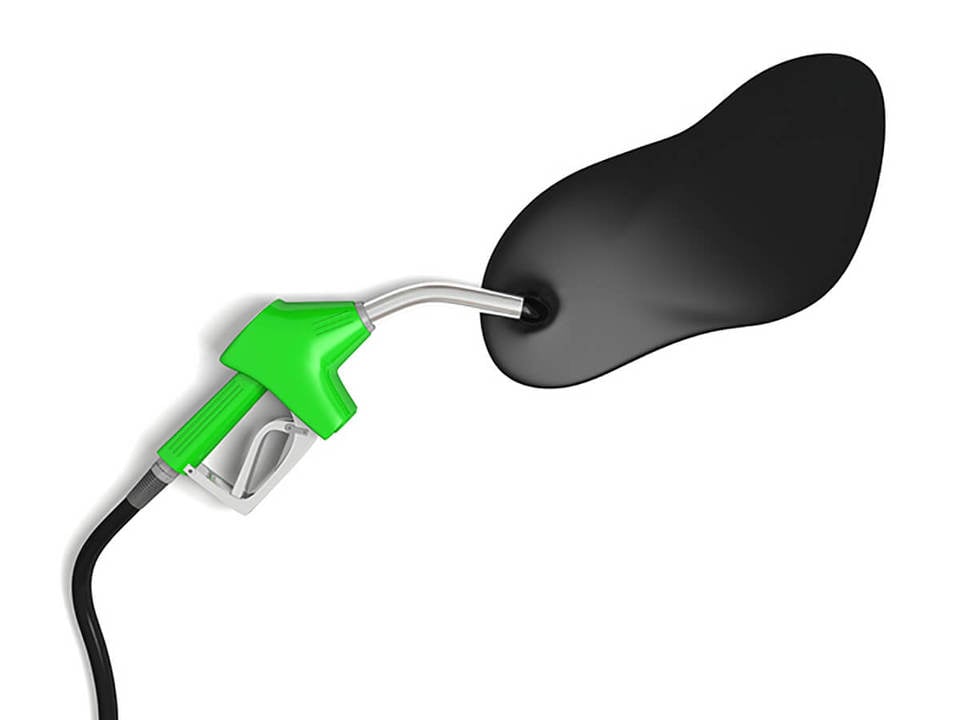Fleets are being short-changed because a fall in the wholesale price of fuel is not being passed on to them by retailers.
Businesses have faced record pump prices over recent months after the industry passed on increases in the wholesale prices.
However, a $200-a-tonne (£130) fall in wholesale price has not been fully reflected on UK forecourts.
The Department for Transport (DfT) says the gap equates to around three pence per litre, with pump prices having fallen by 7ppl despite a 10ppl fall in wholesale prices since April.
Edmund King, president of the AA, said: “A £2-a-tank saving for drivers eases some of the pressures on UK businesses, but there is so much further to go.”
The German government is to regulate its country’s fuel prices and force retailers to log price information so consumers can work out if they are being ripped off, mirroring an approach adopted in Austria last year.
Fuel price regulation
“Germany’s move towards fuel price regulation reflects a growing consumer and political backlash against high fuel prices at a time of recession,” said King.
“Since 2005, the AA has argued the need for transparency in the road fuel market, from supplier to retailer, and now a more severe form is being forced on the industry.”
However, the same could now be about to happen in the UK after Transport Secretary Justine Greening said she will consider legislation to force petrol retailers to pass on cuts in the wholesale price.
Greening is keen on a voluntary scheme, “but if that doesn’t work we will look at some of the things other countries have done like Germany, Austria and Denmark, who have taken more mandatory action in this area”, she said.
“I’m really determined that motorists get a better deal.”
However, fleets will still face a hike in fuel duty in August of 3.02ppl and, despite recent falls in the overall pump price, increases over the past year are costing companies dear.
1ppl duty rise raises £450 million
The Government collects 57.95ppl in fuel duty, plus VAT on the overall cost of fuel including duty, at a rate of 20%.
A 1ppl rise in duty rates leads to a total tax increase of 1.2ppl.
Estimates from Her Majesty’s Revenue and Customs (HMRC) suggest that a 1% rise in the main rates of fuel duty on petrol and diesel raises around £260 million.
Therefore, a 1p rise in duty rates – currently 1.7% – would raise about £450 million, equivalent to an increase in the basic rate of income tax of about 0.1p, while a 3ppl price hike will give the Treasury more than £1 billion.
‘Greening being opportunistic’
RMI Petrol, which represents independent forecourt retailers in the UK, accused Greening of being opportunistic in trying to deflect criticism of the impending duty rise due by heaping blame on retailers.
Brian Madderson, RMI Petrol chairman, said: “While crude oil price in US dollars has significance over time, it is the daily Rotterdam market-based Platts US dollars per tonne price which is converted into pence per litre that influences UK pump prices.”
RMI Petrol’s Big Oil wholesale price assessment system reports that petrol has fallen by 8.436ppl since the end of March, while the Experian Catalist UK average price for petrol has fallen from a peak of 142.48ppl on April 16 to 135.17ppl at May – a reduction of 7.31ppl.
At more or less the same time, Big Oil recorded that the wholesale price of diesel fell by 5.92ppl, whilst the Experian Catalist average reduced from peak 147.93ppl on April 12 to 140.90ppl at May 28 – a reduction of 7.03ppl.
“Over the past month, the pound has weakened against the US dollar from £1.622 to £1.557, equivalent to nearly a 2.00ppl impact on the wholesale price to UK independents,” said Madderson.
“It can be seen that between these two grades, with sales on independent forecourts now close to 50:50 share, the retailer has brought pump prices down overall by the full extent of the wholesale reduction.
“Where is the scope for further pump price reduction demanded by Government?”




















Login to comment
Comments
No comments have been made yet.